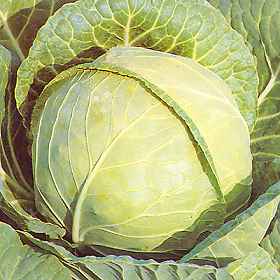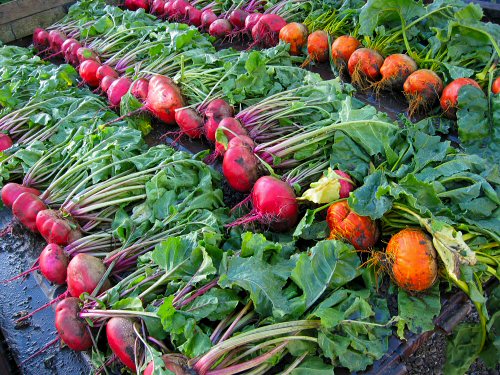The New York Times recently previewed a book, due out later this month, in which an anthropologist proposes that cooking is what separates man from ape. Tool-making and meat-eating are all well and good, this Harvard professor suggests, but it’s cooking foods over a fire that enabled higher development.

“Catching Fire: How Cooking Made Us Human” explains that cooking made foods richer and healthier as long ago as 1.8 million years. Foods became softer, safer and more nutritious. Though no evidence of fire dates that far back, Dr. Ricahrd Wrangham says biology suggests cooking is just that old – that’s when man’s body type changed from apelike proportions with a big gut to upright bodies topped by larger brains. Teeth got smaller, too, suggesting that they weren’t as needed for chewing because foods were softer – because they were cooked.
I’m not sure how I feel about his theory (keep in mind that the doctor has also lived like a chimp, eating only what he found, while he studied the animals – this included eating raw monkey that the other chimps had cast off – eewww), but I like the idea of cooking as an social tradition that has always shaped our development; it continues to shape families and dictate traditions today. I think about this when I consider the Tuesdays with Dorie experiment, and how 200+ young cooks in various corners of the world are all learning to bake because one woman wrote one book. Dorie’s labor of love will no doubt become the center of family traditions. It’s exciting to think that this little blog is part of that grand idea.
My friend Ken Patchen recently wrote a guest column for the Illinois Agri-News, recalling the various vegetable gardens that have shaped his life: A gradeschool friend’s mom’s where the boys picked grapes and made jelly, his mother-in-law’s carrot patch where fruit stayed in the ground well into December, Ken’s garden that enabled them to continuation her family’s canning tradition, the plot his daughter used to explore her taste for obscure vegetables (and to test her father’s patience, no doubt), and now the container garden that Ken’s daughter is sharing with his granddaughter in an urban setting.

“Growing a garden is an inter-generational act of faith, reflects a sense of hope, offers exercise, creates memories and puts food and great taste on the table in hard times,” Ken explained as he commended the White House for planting its table garden this spring. The First Garden likely won’t make a dent in the national deficit, but it will undoubtedly remind parents and grandparents of how they spent their summer days and prompt them to reconsider what their children will remember about this summer.
I guess in a way that’s how I think about cooking, and I thank Ken for helping me to understand that. I’m still planning my summer garden; I’ve yet to really identify what I’ll have and what kind of containers I’ll use. But my house on McCraren Road always had a garden when I was young (actually, it still does), and I wouldn’t know what else to do with the space now that I have a home of my own.










